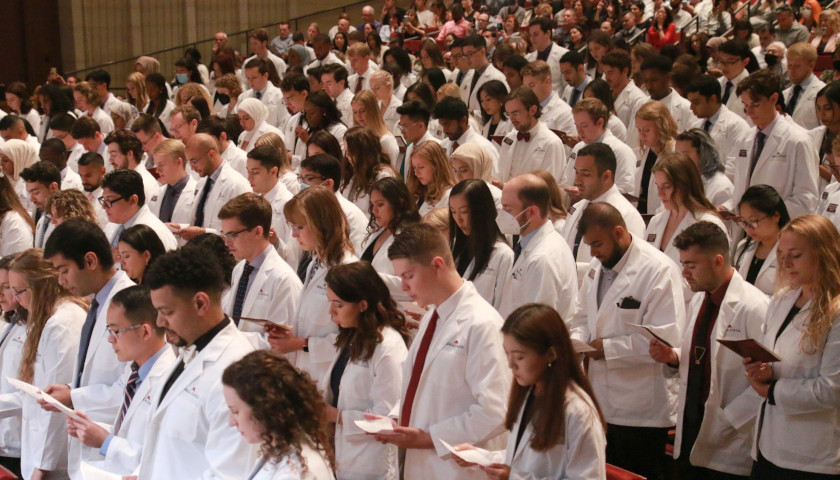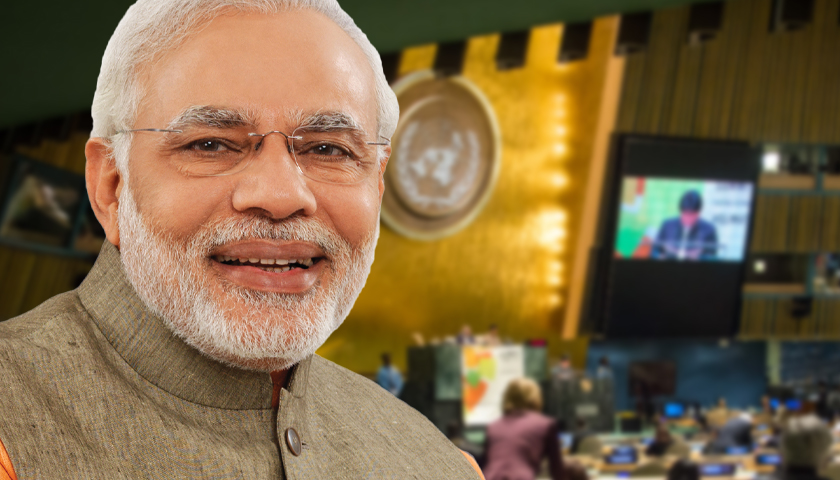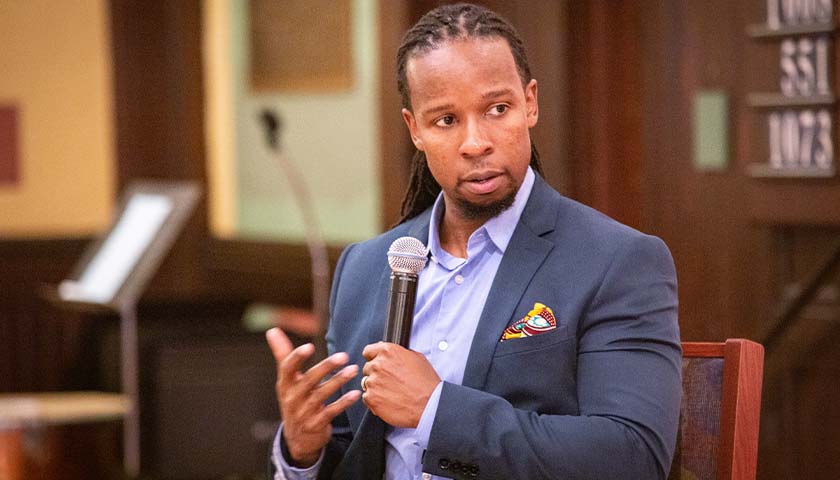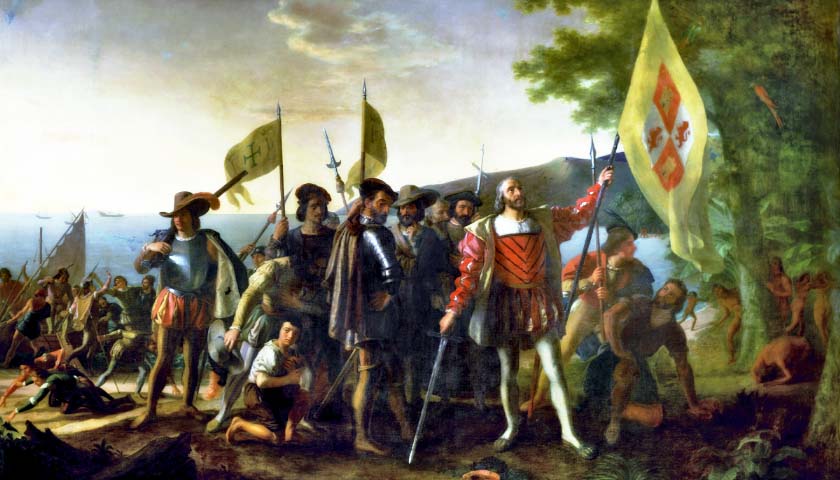We’ve all heard the rhetorical attacks on Western Civilization—often centered on Christianity, capitalism, or colonialism, and often on all three. Among radical leftists, the consensus is that these elements are evil, but given that each is currently or historically integral to civilization as we know it, it’s worth examining the data to determine whether they deserve to be so despised.
First, Christianity. A 2018 study found that religion was “the decisive background factor” determining how much human rights were respected in any given country. And not all religions had the same impact. The percentage of Christians in the population was closely associated with a nation upholding human rights, whereas the percentage of Muslims was the opposite—that is, Muslim countries were less likely to uphold such rights. Another study reached similar conclusions about the effects of Christianity vis-à-vis Islam on nations’ ranking in the Good Country Index. (The index measures countries’ “contributions to global prosperity in domains such as peace, climate and health.”)
Read More




